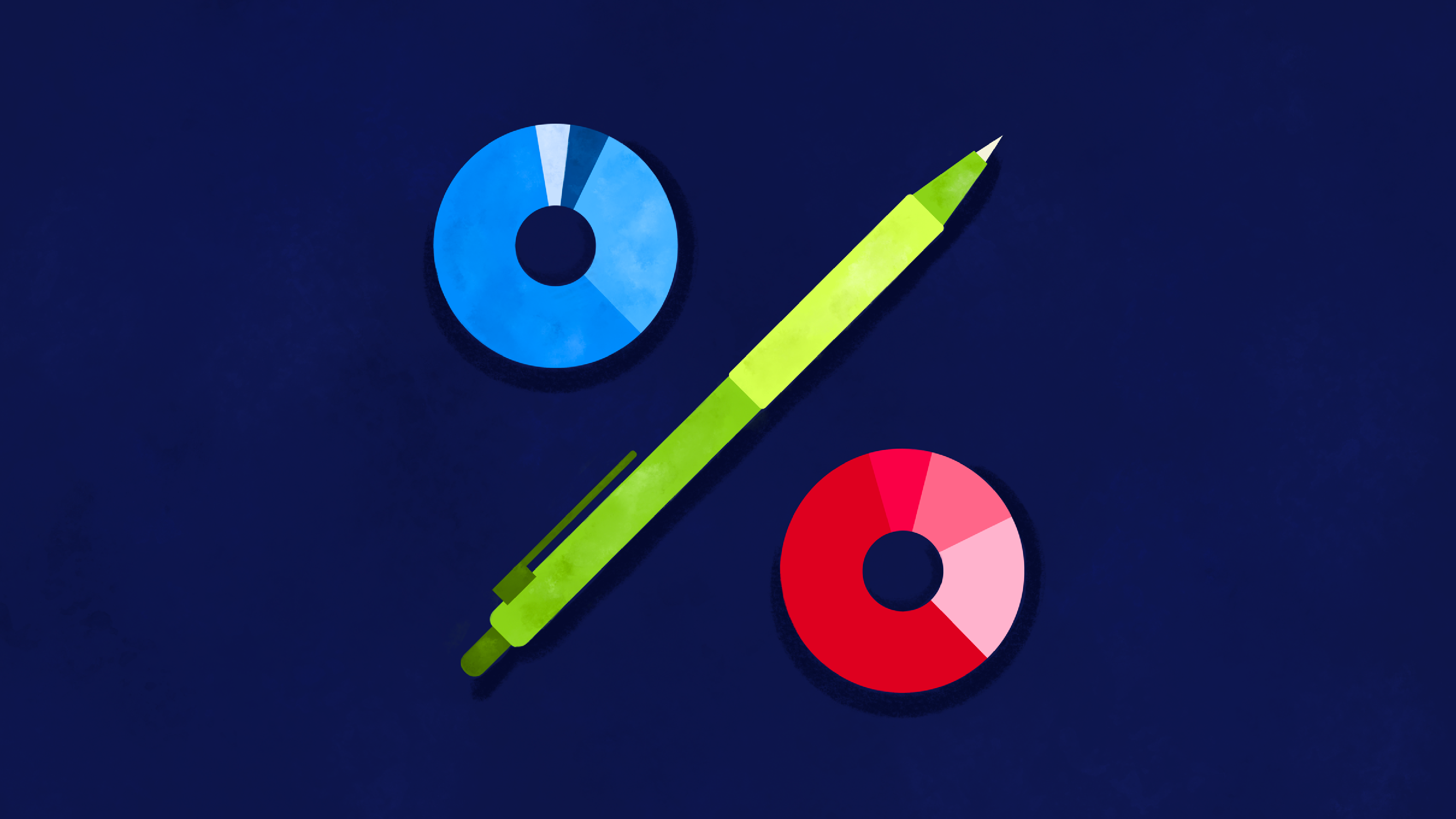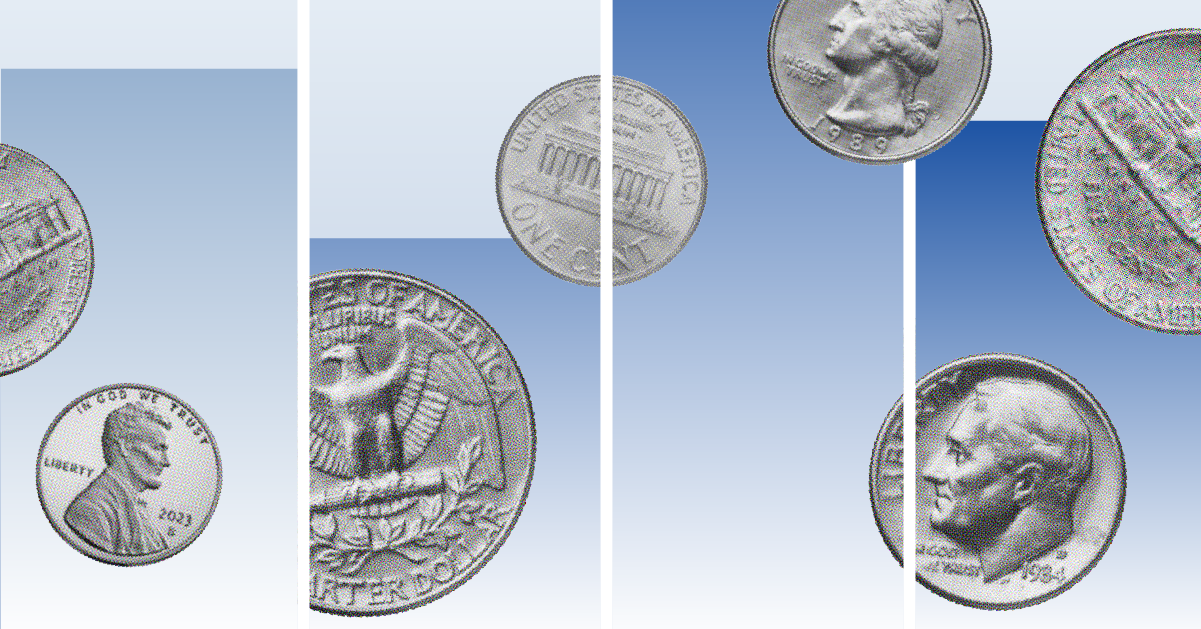After a roller-coaster decade of returns in traditional asset classes like stocks and bonds, many investors have started looking to alternative assets, like commodities, to help round out portfolios. Of course, adding commodities to an asset allocation strategy is no silver bullet. Buying natural gas futures doesn't give you a stake in the cash flow of a business like stocks or the steady income stream from bonds. And the correlation between commodities (particularly oil) and the broader economic cycle seems to be rising. Still, commodities can make sense as a small part (~5%) of a portfolio.
So how should investors who are looking to gain some exposure in 2010 go about it? For years, getting this exposure was extremely difficult for individual investors. The growth of ETFs has democratised commodities and allowed individuals to slice and dice the market in any number of ways. But it is important to do your research, know what each of these funds actually invests in, and be aware of some potential problems that could arise.
Many investors believe that when buying a product such as ETFS Brent Oil 1 month ETC, they are gaining access to the day-to-day fluctuations of the spot price (price for delivery of oil that day). In fact, this fund buys short-term oil futures contracts that must be rolled over on a constant basis as the fund has no desire to take physical delivery of barrels of oil. If the futures curve implies that the price of oil will either be higher or lower than the current spot price, investors returns will be skewed away from the simple change in the spot price. ETF analyst Bradley Kay delves into the mechanics of this in this article.
Other funds, like SPDR Gold Shares physically hold the commodity (in this case gold) in a vault. Each share of the ETF represents a fraction of that gold, and so the price of each share tracks the spot price of the commodity. Investors in these types of funds don't need to worry about the issues with futures contracts discussed above. However, many of these funds may have an unpleasant tax surprise. In the UK, VAT is applied to the sale of some bars of gold but gold sterling coins are exempt as they are deemed as domestic currency. Profits realised on disposals of investment gold, however, would normally by subject to Capital Gains Tax beyond a set threshold. Finding out from HM Revenue & Customs what the tax implications are of investing in gold is particularly tricky so it's advisable to check with a tax adviser before taking the leap into the yellow metal.
Another potential roadblock in 2010 for commodity ETF investors is the Commodity Futures Trading Commission (CFTC). The CFTC believes that some of the turmoil in the commodity markets in the last few years was caused by speculators. Since most ETF investors aren't hedging raw costs for a business, or desiring to take delivery of a commodity, they are viewed as speculators (read our take here). The CFTC instituted position size limits to cut down on this perceived market manipulation. This is making it more difficult for large ETFs to roll futures contracts, and has even lead to several funds being denied regulator approval to issue more shares. ETF providers are already adjusting to the new rules, and for most investors it shouldn't be an issue, but it still something worth having on the radar screen.
























